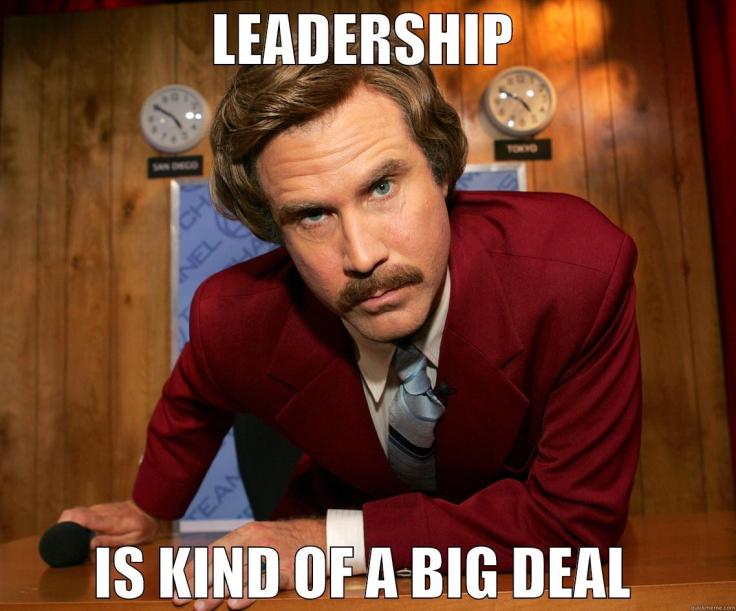By Patricia Y. Hartman, APR
I got my start in advertising and public relations years ago when I answered an ad in the Mobile Press Register for an advertising agency media buyer. My English degree had nothing to do with the job, but I could read and understand the Arbitron market reports (radio measurement service), a skill I had learned as a part-time salesperson at a radio station. Being a very poor saleswoman, I decided to apply for the position at the agency and got the job. Since it was a small, in-house agency, I was able to learn about advertising, public relations, and promotions from my coworkers while on the job. During the ten years I worked for “Ma Morrison,” I learned more about good business and leadership practices from Richard McGeoch, the Vice President of Corporate Communications, than from any other person I’ve been around since.
Here are a few of his “business rules” that every communicator should remember:
- Good listening habits are the most important business skill you will ever develop.
We are always so busy trying to think of things that will help our clients or employers build and sustain relationships with the various stakeholders that sometimes we need to stop and just listen to the what people are saying, especially the stakeholders. Many of the solutions we need to the problems we deal with come from what others are saying, and if we aren’t listening we may miss these important leads. And if we aren’t listening carefully to our bosses or our clients, we may not be on track with what they need and end up solving the wrong problems.
- Don’t bring me problems without bringing me a few possible solutions to discuss.
I hate it when people accuse practitioners of being negative because we point out problems that exist or might arise. Perhaps we need to open the lines of communication by offering a few solutions. They may not be the ultimate solution, but at least they start people thinking and exchanging ideas, and we don’t come across as just being negative. It’s all in the way you present it.
- When it comes to business opportunities, exploitation is not a dirty word.
Once a business opportunity presents itself, take advantage of it. Enough said.
- If the waiter spits in someone’s coffee, no amount of advertising is going to help.
Public Relations Practitioners who have handled a crisis know that it doesn’t solve the problem if you just throw ad bucks at it. BP found that out the hard way. That’s why having a good crisis plan is so vital to saving a company’s reputation. If your organization or you client’s organization doesn’t have one, they’re in a heap of trouble. You should be an advocate for crisis planning.
- It’s important for everyone to be singing off the same page of sheet music.
We call this Integrated Marketing Communication now. And we know the power of the combined voices of advertising, public relations and promotions. A single, unified message is important. When the messages coming from various areas of corporate communications are not unified, it becomes confusing to our key publics.
- Training is not a waste of time or money.
If your waiters are trained, they are less likely to “spit in the coffee.” People don’t have to be able to do your job, but if the company has trained them to be “customer-centric” your job will be much easier. Be an advocate for customer service training at all levels of an organization!
- The Salad Lady is a company representative who is just as important as the CEO.
Everyone in the organization should be “the public face of the organization.” If employees at all levels know what the mission and vision of the organization are, they can better represent the organization to all publics. But company mission statements don’t work just because they are beautiful pieces of writing. They work when all the employees see managers take a personal interest in the mission.
If your organization doesn’t have a mission statement and a code of ethics, it’s missing out on very important communication tools. Every employee should know what is expected of them (code of ethics) and should know what the mission of the organization is so that they can help achieve it. When the salad lady is friendly and helpful, people will want a salad and not just dessert.
- Good managers are like water boys. Their job is to carry water for their team.
If you are in a managerial role, you should be able to give your team everything they need to do the job. You are the one who should be advocating for the time and tools to get things done properly. Sometimes this means running interference with those who disrupt work. Sometimes this means using the power of persuasion to get a little more time for a project. Sometimes this means begging for a few dollars more in the budget. And sometimes this means rolling up your sleeves and stuffing envelopes along with your coworkers.

- Leaders come in all sizes and shapes. They aren’t always the guys with the biggest title.
It’s not a matter of position within an organization. It’s a matter of who has the best skills, knowledge, and resources to enable the team to achieve a common, shared goal. The best form of leadership is servant leadership so leaders should see themselves as being of service. The accomplishments of a team that is inspired to serve will always be greater than that of a team where an uninspired manager is just cracking the whip. When people focus on serving the team members, relationships form that are based on loyalty, trust, and respect. It’s those relationships that inspire people to give their best when a project gets tough because their hearts are in it. It becomes more than just a paycheck.
Some of the best “leaders” I’ve met were the people who were cheerleaders. Their voices “spurred the others on to victory.” Many times these cheerleaders were the low men on the totem pole, but they always had something positive to say and they let you know they were there to contribute in any way possible.
- You should never stop learning. You can learn something from everyone you meet, so take advantage of what people can teach you.
I have found this true. Even people I didn’t like taught me lessons, even if the lesson was “not to be like them.” I’ve had to learn new skills with the ever-changing landscape of communications and technology. I’ve learned a lot from fellow practitioners. I’m constantly learning from the students I teach. I’ve learned from people who criticized me, whether constructively or destructively. I’ve learned from people who were brave and people who were chicken. There’s always something to learn. If I don’t learn something new each day, I actually feel rather sad.
He’s been gone many years now, but I appreciate all the learning opportunities that Richard McGeoch gave me. I doubt he realized what a great mentor and teacher he was, but what I learned from him has served me well for my entire career.
|
A nationally accredited public relations practitioner, Patricia (Pat) Hartman has over 40 years of experience in all aspects of marketing including research, branding and product management, strategic planning, crisis management, advertising and public relations. Pat founded Imagery Marketing & Research Consultants, Inc. in 1988 and serves as its president and senior marketing and strategic planning consultant. She is an instructor of integrated marketing communications, Internet marketing, advertising, media planning and research, public relations, marketing research, and marketing management at the collegiate level. She has been an adjunct instructor in both communication arts and business at Spring Hill College in Mobile, Alabama for 29 years. Hartman is a past president of the Public Relations Council of Alabama, Inc., the Public Relations Council of Alabama Mobile Chapter, and the Advertising Federation of Greater Mobile (now Bay Area Advertising Federation), and has served on the boards of numerous non-profit organizations in Mobile. |


Leave a comment